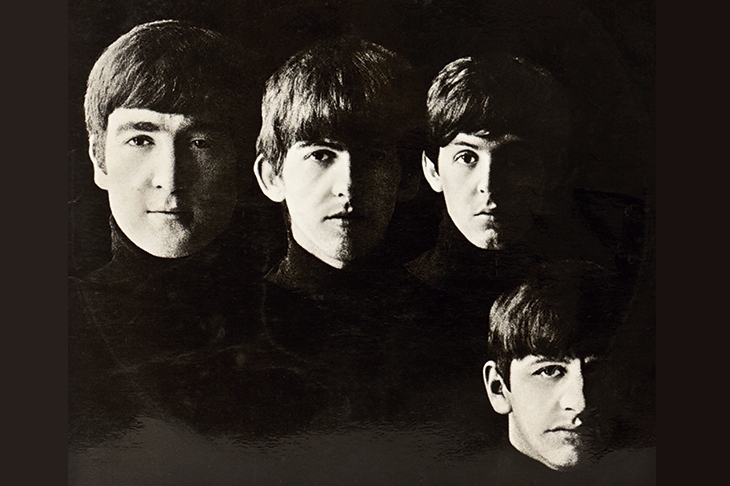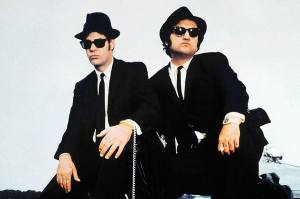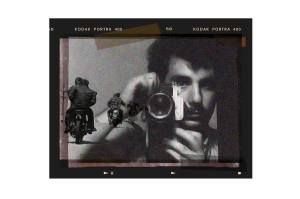When the Beatles’ first authorized biographer, Hunter Davies, clinched the deal in 1967, his publisher remarked that ‘we know everything we could possibly know about the Beatles and they’ll disappear soon’. In that same year, the philosopher Bryan Magee adopted an incredulous tone in the Listener: ‘Does anyone seriously believe that Beatles music will be…part of daily life all over the world in the 2000s?’But here in the recently released statistics for the Top 10 global recording artists of 2019, among the Taylor Swifts and the Ed Sheerans, 50 years after they broke up — let me introduce you to the band you’ve known for all these years. As for Davies’s publisher, the seven pages of ‘sources’ at the back of Craig Brown’s new book list around 100 volumes about the Fab Four written since 1967 — and they’re just the good ones.Brown isn’t trying to emulate those biographers. He’s not attempting to compete with Mark Lewisohn, who is doing for the Beatles biographically what Robert Caro is still doing for Lyndon B. Johnson. Neither is he seeking to rival the encyclopedic wealth of musical detail contained in Ian MacDonald’s superlative Revolution in the Head. Instead, we’re taken on a magical mystery tour that ends where it began — with Brian Epstein making his way down the 18 steps that led into the Cavern to hear John, Paul, George and — er Pete (yet to be replaced by Ringo) for the first time.Just as in his previous book, Ninety-nine Glimpses of Princess Margaret, the aim isn’t to provide a traditional biography; indeed, Brown seems to have invented a wholly new biographical form. In a polychromatic cavalcade of chapters of varying length, the man with kaleidoscope eyes conveys what it was like to live through those extraordinary Beatles years, with the odd glance at what came before. For the Beatles it was the American invasion (following the steady conquest of Liverpool, Britain, Europe and the Commonwealth) that turned the extraordinary into the legendary. Curiously in a book so plump with quirky details, Brown doesn’t mention that the album With the Beatles was released on the very day President John F. Kennedy was assassinated. But he does give a vivid account of the band’s effect just over two months later when, ‘looking as if he’s about to announce a fatal car accident’, Ed Sullivan introduces the Beatles to the 73 million viewers of his Sunday night show. By then they were already at No. 1 on the US charts. Epstein’s brilliant strategy as their manager was only to take them to America when they were. ‘In Britain,’ Brown points out, ‘the success of the Beatles was comparatively gradual: they hoved into view. But in America they arrived with the sudden impact of a tidal wave.’Brian Wilson heard them and never wrote another surfing song. The 14-year-old Bruce Springsteen heard them and worked through the summer to raise enough money to buy a guitar. Tom Petty, Billy Joel and Chrissie Hynde were among the other young Americans inspired by that appearance. Leonard Bernstein was older (aged 41), but said that he too ‘immediately fell in love with the Beatles’ music’.
Years later, on the other side of the iron curtain, Mikhail Gorbachev told McCartney: ‘I do believe the music of the Beatles taught the young people of the Soviet Union that there is another life.’ These were huge responsibilities to place upon the slim shoulders of four young, working-class men from Liverpool, but it’s undeniable that they went well beyond being simple pop stars.
[special_offer]
But Brown also gives voice to the detractors. On the right, William F. Buckley Jr. said they would be regarded as ‘crowned heads of anti-music, even as the impostor popes went down in history as anti-popes’. On the left (sort of), Paul Johnson, then editor of the New Statesman, wrote a furious condemnation. Its heading was ‘The Menace of Beatlism’ and it attracted more letters of complaint, Brown tells us, than any NS article before or since. But the fact that such commentators mentioned the Beatles (as did an entire gallery of unlikely figures from President Sukarno of Indonesia to the Duchess of Windsor) is proof of their impact.In the end, any analysis of the Beatles phenomenon always comes back to their songs and the incredible contribution they made to the evolution of pop/rock music; from the sheer joyfulness of ‘I Want to Hold Your Hand’ to the dark autobiography of ‘Strawberry Fields Forever’ in just four years.Hunter Davies and Mark Lewisohn remain their great biographers, but if you want to know what it was like to live those extraordinary Beatles years in real time, read this book.This article was originally published in The Spectator’s UK magazine. Subscribe to the US edition here.


















